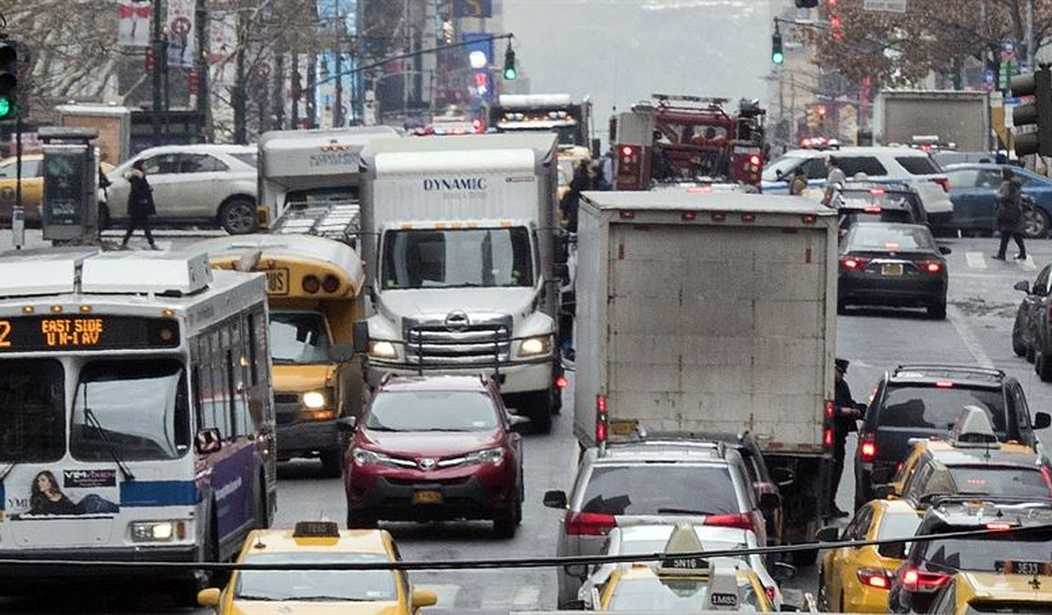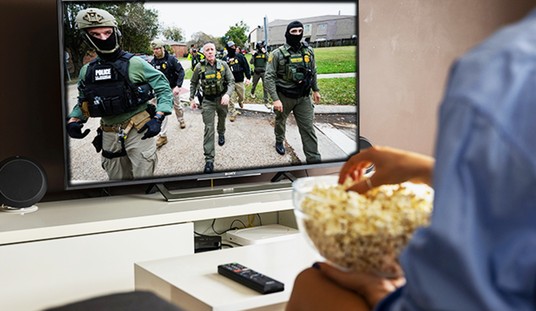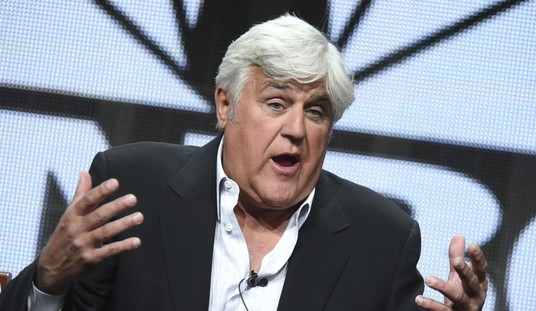Recently, a plan to relieve traffic congestion in New York City fell by the wayside when Gov. Kathy Hochul (D-N.Y.) decided to "delay" the imposition of a "congestion toll" on residents looking to enter lower Manhattan.
The political cost scared the dickens out of Hochul and other vulnerable New York Democrats, which led to the decision that may be politically popular but has angered other politicians, especially New York City Mayor Eric Adams.
Not only was the congestion toll supposed to relieve traffic congestion, but the toll would have dumped $15 billion into the city's transportation coffers once the tolls started to roll in and a bond was issued.
The tolls aren't cheap. Passenger cars and light trucks would be charged $15 between 5 a.m. and 9 p.m. on weekdays and 9 a.m. to 9 p.m. on weekends.
The toll is unfair. The burden on poor people would be much larger than on better-off taxpayers. However, the concept has been tried in several international cities and has worked well. London traffic has been reduced by 20%.
Is there a better way?
Alternatives to New York's plan have concentrated on making the pricing more equitable. There has been little discussion of alternate plans to relieve traffic tie-ups.
As state and local officials are battling over a ditched plan to unclog Manhattan’s sclerotic arteries, the average travel speed in Midtown fell to 4.5 miles an hour in May, the lowest ever recorded for the month, said Sam Schwartz, a former New York City Department of Transportation official who has tracked traffic trends in the metropolis since the 1970s. It was the fifth straight record month this year, with 2024 shaping up to be the worst on record for Midtown Manhattan traffic.
“We are approaching walking speeds,” Schwartz said.
The original strategy was supposed to take 100,000 cars off the streets of Manhattan during peak hours. "The New York Metropolitan Transportation Council reports that about 802,000 people traveled by vehicle to Manhattan’s business district on a typical fall business day in 2022," according to the Journal.
But for politicians like Adams and Hochul, the real problem isn't slower-than-molasses traffic. It's the "lost" revenue that isn't flowing into the city's coffers. The $1 billion a year that the toll would bring in is desperately needed to fund a bond issue that could repair the subways, fix crumbling roads, and give jobs to 15,000 grateful voters.
So why did Hochul "pause" congestion pricing?
Hochul said she put an indefinite pause on congestion pricing because she was concerned about the rising cost of living and New York’s economic recovery from the Covid-19 pandemic. Cuomo has also backed away from congestion pricing and said the city needs a more robust economic rebound before proceeding with the tolling plan.
The unions opposed the toll. Some business owners believe it will be the end of them. Congestion pricing on the weekends will affect Broadway and the entertainment district.
"Congestion pricing would not only negatively impact the recovery of New York's tourism industry, but also the hundreds of hospitality workers driving through Manhattan every day and night," a spokesperson for the Broadway Association said.
Lucius Riccio, a former commissioner of New York City’s Department of Transportation, says he can't ever remember when traffic in New York City was any different.
“I can’t remember a time when anybody said traffic in New York City was wonderful,” Riccio said. “Nobody has ever said ‘oh let’s go for a ride down Fifth Avenue in the middle of the day just to see the sights.’”
Riccio thinks making Uber, Lyft, and other livery drivers pay a fee would reduce traffic sufficiently without making ordinary drivers pay a toll.
The fact is that New York politicians can't raise taxes any higher to pay for what they need and are forced to come up with gimmicks like "congestion pricing" to fill in the gaps in funding.
When a city is unable to raise revenue through fair and equitable taxation, reaching into the pockets of taxpayers just for the privilege of driving to work is a sign of decline.










